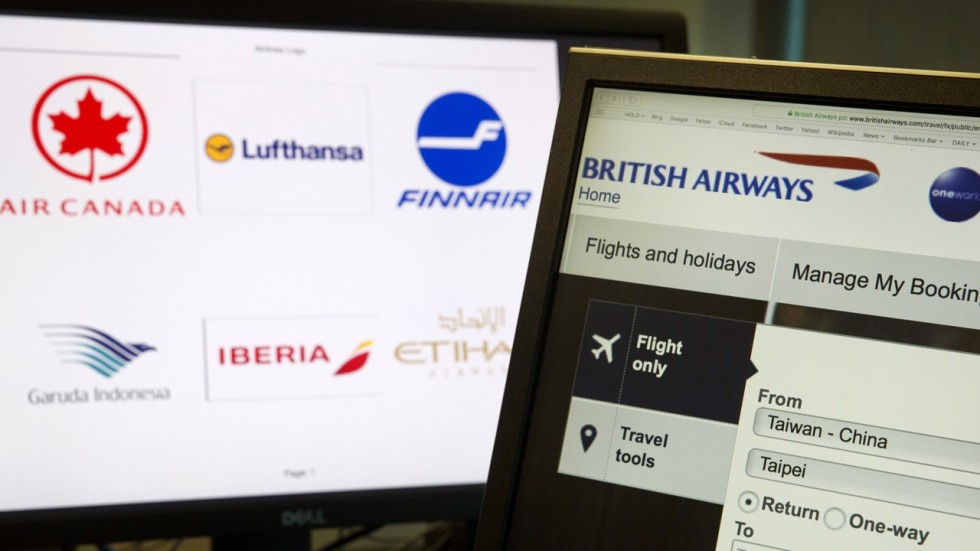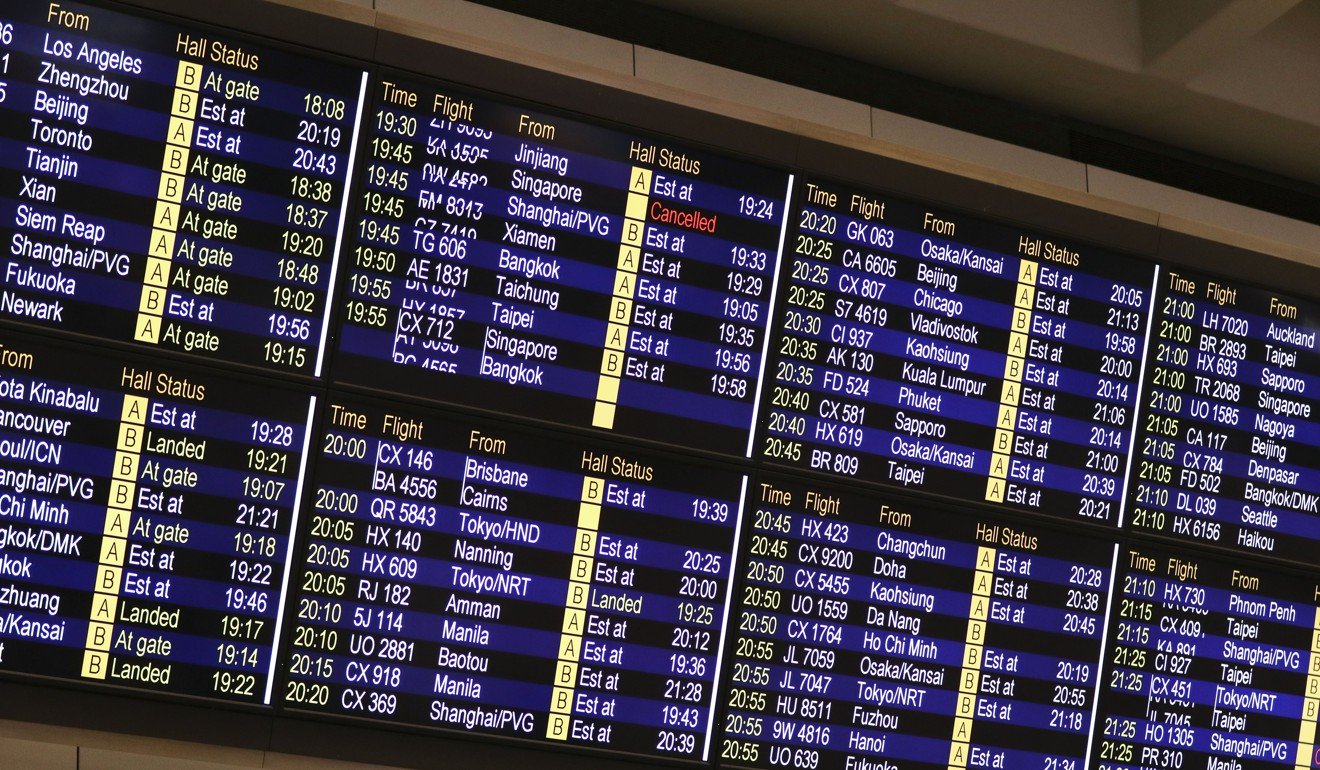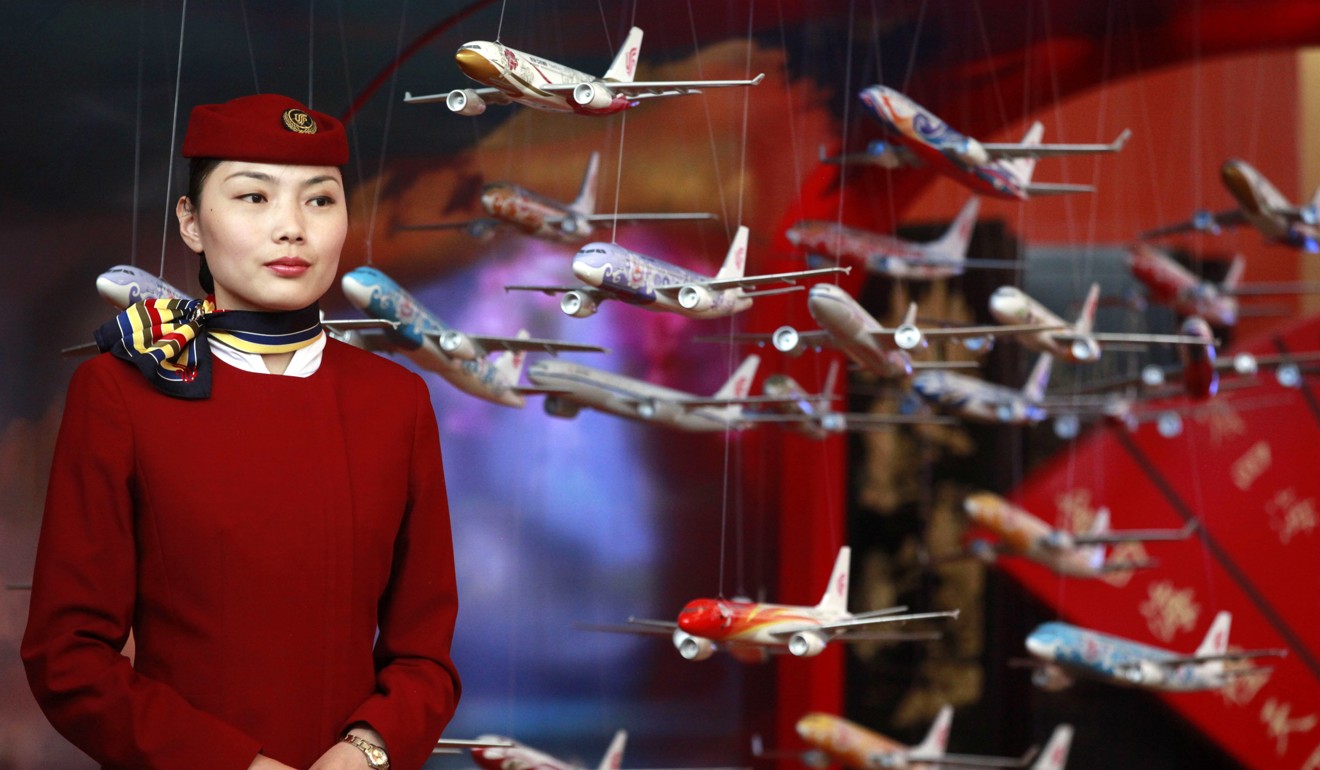In the 1st place USA will not be honest to stick to deals made, Dotard is a cheap crook bankrupted beggar. More importantly it is primary importance to Finish Off the pest of the globe USA regardless of ANY consideration such as prices to pay or ANY consequences.
By finishing off USA, China will prove what it is capable of, and can finish off any others, if necessary. The planet is in multiple fold excess number of countries and billion & billions of excess population level that Global Resources are not able to sustain further. Elimination Game must start ASAP, to avert a Global Total Extinction & Destruction of Planet's Eco System.
https://www.theguardian.com/business/2018/may/23/trump-china-latest-news-trade-deal-too-hard
Trump says China trade deal is 'too hard to get done'
The deal will probably need to be restructured, Trump tweeted, one day after saying he was ‘not satisfied’ with trade talks
Edward Helmore in New York
Wed 23 May 2018 17.32 BST Last modified on Wed 23 May 2018 20.12 BST
Shares
471
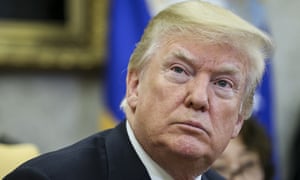
Donald Trump at a meeting with the South Korean president, Moon Jae-in, in the Oval Office on 22 May. Photograph: Pool/Getty Images
Donald Trump has further dampened expectations of a trade deal with China, saying the current framework makes it “too hard to get done”.
“Our Trade Deal with China is moving along nicely, but in the end we will probably have to use a different structure in that this will be too hard to get done and to verify results after completion,” he tweeted early on Wednesday.
Trump’s comments come one day after he said he was “not satisfied” with the trade talks that have become stressed on the US side by an apparent lack of coordination among administration officials.
According to a New York Times report published on Monday, the strained relationship between the treasury secretary, Steven Mnuchin, and the National Trade Council director, Peter Navarro, devolved into a shouting match in front of Chinese officials on a trip to Beijing earlier this month.
The stock markets reacted further to the president’s latest comments, with the Dow Jones dropping 120 points in early trading. In trading on Tuesday, the index dropped 300 points.
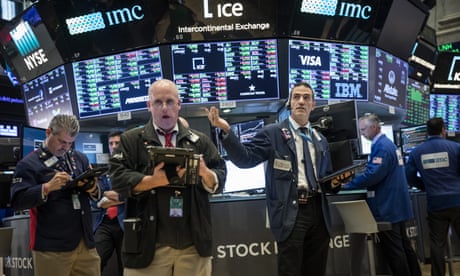
Stock markets drop after Trump signals dissatisfaction with China negotiations
Read more
Market analyst Capital Economics said in a note that the vague agreement for China to reduce tariffs on US auto imports and to purchase more agricultural and energy products would do little to address underlying trade tensions.
“The deal will have little impact on the bilateral deficit with China and a minimal impact on the overall deficit. Nor does it address long-standing (and increasingly vocal) complaints that many US firms are forced to transfer technologies and cede ownership to Chinese partners in return for market access, which prompted the trade investigation into China in the first place.”
Accordingly, the paper concluded, “tensions over trade policy will almost certainly flare up again in the coming months”.
Several administration officials were then obliged to walk back optimistic comments that China would agree to cut its trade surplus with the US by $200bn, largely by increasing US imports.
https://www.washingtonpost.com/opin...ory.html?noredirect=on&utm_term=.f0e02e4c55a0
Trump’s trade war with China is over for now. China won.

President Trump and China's President Xi Jinping shake hands after making joint statements at the Great Hall of the People in Beijing on Nov. 9, 2017. (Damir Sagolj/Reuters)
By Editorial Board May 22 at 6:41 PM
PRESIDENT TRUMP’S trade war with China is over, at least temporarily, and here’s the after-action report: Advantage, China.
There’s no denying that stubborn imbalances have built up in the United States’ bilateral economic relationship with China; nor have past administrations succeeded in getting Beijing to address those through conventional diplomatic means. Mr. Trump’s more confrontational approach, including his threat to impose tariffs, might have been worth a try, had he pursued the right goals.
As the reported terms of the Trump administration’s truce with China show, however, Mr. Trump to date seems to have spent American leverage on a predictably futile effort to achieve large short-term reductions in the $375 billion annual U.S. merchandise trade deficit with China. He agreed to withdraw tariff threats in return for China’s doing the same with its counterthreat, plus promises from Beijing to buy more U.S. agricultural goods and liquefied natural gas. These U.S. sales won’t dent the trade deficit, and they will simply shift global trade flows rather than expand them, because China was already in the market for these raw materials. Nor will China’s ballyhooed reduction in auto tariffs from 25 percent to 15 percent do much to change foreign firms’ overwhelming incentives to build cars in China as opposed to export them there from the United States.
Meanwhile, China has achieved important objectives, both tangible and intangible. In the tangible category, the most important is the president’s apparent willingness to back off a seven-year ban on U.S. sales of components to the Chinese telecommunications giant ZTE, which would have crippled that firm. The U.S. ban was punishment for serious violations of U.S. national security-related laws, specifically, ZTE’s business dealings with Iran and North Korea, and the company’s subsequent lies in its initial settlement with the United States. Mr. Trump has indicated now, however, that, in deference to his good relationship with Chinese dictator Xi Jinping, the United States would settle for a fine and changes to ZTE management. That’s an intangible victory for China too, in that it shows the United States will treat national security policy as a subject of trade negotiation. Also favorable to China is the revelation that Mr. Trump’s policy team is deeply divided and is susceptible to pressure from America’s politically pivotal farm belt.
From the start, the administration should have focused on the truly important, and legitimate, U.S. grievances with China: that country’s restrictions on foreign investment, its intellectual property theft and its attempts to dominate future high-tech industries. On these structural issues, Chinese policy remains the same; Mr. Trump, by showing that he defines victory as selling more U.S. raw materials, gives Beijing no reason to change.
Perhaps this unfavorable truce was the best Mr. Trump could achieve at a time when he also needs Mr. Xi’s help dealing with North Korea. Yet that conflict of interest, too, was foreseeable. No one ever said winning a trade war would be easy, except for the one person who has just proved that it’s not.
Read more:
Catherine Rampell: It’s been amateur hour on China negotiations
Josh Rogin: China gave Trump a list of crazy demands, and he caved to one of them
Fareed Zakaria: Trump is right: China’s a trade cheat
Lawrence H. Summers: Four reasons Chinese officials aren’t buying Trump’s trade threats
Marco Rubio: Targeting China’s tools of aggression
By finishing off USA, China will prove what it is capable of, and can finish off any others, if necessary. The planet is in multiple fold excess number of countries and billion & billions of excess population level that Global Resources are not able to sustain further. Elimination Game must start ASAP, to avert a Global Total Extinction & Destruction of Planet's Eco System.
https://www.theguardian.com/business/2018/may/23/trump-china-latest-news-trade-deal-too-hard
Trump says China trade deal is 'too hard to get done'
The deal will probably need to be restructured, Trump tweeted, one day after saying he was ‘not satisfied’ with trade talks
Edward Helmore in New York
Wed 23 May 2018 17.32 BST Last modified on Wed 23 May 2018 20.12 BST
Shares
471

Donald Trump at a meeting with the South Korean president, Moon Jae-in, in the Oval Office on 22 May. Photograph: Pool/Getty Images
Donald Trump has further dampened expectations of a trade deal with China, saying the current framework makes it “too hard to get done”.
“Our Trade Deal with China is moving along nicely, but in the end we will probably have to use a different structure in that this will be too hard to get done and to verify results after completion,” he tweeted early on Wednesday.
Trump’s comments come one day after he said he was “not satisfied” with the trade talks that have become stressed on the US side by an apparent lack of coordination among administration officials.
According to a New York Times report published on Monday, the strained relationship between the treasury secretary, Steven Mnuchin, and the National Trade Council director, Peter Navarro, devolved into a shouting match in front of Chinese officials on a trip to Beijing earlier this month.
The stock markets reacted further to the president’s latest comments, with the Dow Jones dropping 120 points in early trading. In trading on Tuesday, the index dropped 300 points.

Stock markets drop after Trump signals dissatisfaction with China negotiations
Read more
Market analyst Capital Economics said in a note that the vague agreement for China to reduce tariffs on US auto imports and to purchase more agricultural and energy products would do little to address underlying trade tensions.
“The deal will have little impact on the bilateral deficit with China and a minimal impact on the overall deficit. Nor does it address long-standing (and increasingly vocal) complaints that many US firms are forced to transfer technologies and cede ownership to Chinese partners in return for market access, which prompted the trade investigation into China in the first place.”
Accordingly, the paper concluded, “tensions over trade policy will almost certainly flare up again in the coming months”.
Several administration officials were then obliged to walk back optimistic comments that China would agree to cut its trade surplus with the US by $200bn, largely by increasing US imports.
https://www.washingtonpost.com/opin...ory.html?noredirect=on&utm_term=.f0e02e4c55a0
Trump’s trade war with China is over for now. China won.

President Trump and China's President Xi Jinping shake hands after making joint statements at the Great Hall of the People in Beijing on Nov. 9, 2017. (Damir Sagolj/Reuters)
By Editorial Board May 22 at 6:41 PM
PRESIDENT TRUMP’S trade war with China is over, at least temporarily, and here’s the after-action report: Advantage, China.
There’s no denying that stubborn imbalances have built up in the United States’ bilateral economic relationship with China; nor have past administrations succeeded in getting Beijing to address those through conventional diplomatic means. Mr. Trump’s more confrontational approach, including his threat to impose tariffs, might have been worth a try, had he pursued the right goals.
As the reported terms of the Trump administration’s truce with China show, however, Mr. Trump to date seems to have spent American leverage on a predictably futile effort to achieve large short-term reductions in the $375 billion annual U.S. merchandise trade deficit with China. He agreed to withdraw tariff threats in return for China’s doing the same with its counterthreat, plus promises from Beijing to buy more U.S. agricultural goods and liquefied natural gas. These U.S. sales won’t dent the trade deficit, and they will simply shift global trade flows rather than expand them, because China was already in the market for these raw materials. Nor will China’s ballyhooed reduction in auto tariffs from 25 percent to 15 percent do much to change foreign firms’ overwhelming incentives to build cars in China as opposed to export them there from the United States.
Meanwhile, China has achieved important objectives, both tangible and intangible. In the tangible category, the most important is the president’s apparent willingness to back off a seven-year ban on U.S. sales of components to the Chinese telecommunications giant ZTE, which would have crippled that firm. The U.S. ban was punishment for serious violations of U.S. national security-related laws, specifically, ZTE’s business dealings with Iran and North Korea, and the company’s subsequent lies in its initial settlement with the United States. Mr. Trump has indicated now, however, that, in deference to his good relationship with Chinese dictator Xi Jinping, the United States would settle for a fine and changes to ZTE management. That’s an intangible victory for China too, in that it shows the United States will treat national security policy as a subject of trade negotiation. Also favorable to China is the revelation that Mr. Trump’s policy team is deeply divided and is susceptible to pressure from America’s politically pivotal farm belt.
From the start, the administration should have focused on the truly important, and legitimate, U.S. grievances with China: that country’s restrictions on foreign investment, its intellectual property theft and its attempts to dominate future high-tech industries. On these structural issues, Chinese policy remains the same; Mr. Trump, by showing that he defines victory as selling more U.S. raw materials, gives Beijing no reason to change.
Perhaps this unfavorable truce was the best Mr. Trump could achieve at a time when he also needs Mr. Xi’s help dealing with North Korea. Yet that conflict of interest, too, was foreseeable. No one ever said winning a trade war would be easy, except for the one person who has just proved that it’s not.
Read more:
Catherine Rampell: It’s been amateur hour on China negotiations
Josh Rogin: China gave Trump a list of crazy demands, and he caved to one of them
Fareed Zakaria: Trump is right: China’s a trade cheat
Lawrence H. Summers: Four reasons Chinese officials aren’t buying Trump’s trade threats
Marco Rubio: Targeting China’s tools of aggression

